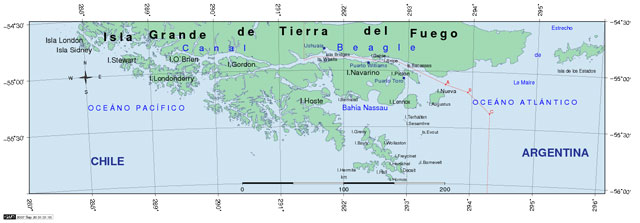It is no accident that we see green almost wherever we look. It is no accident that we find ourselves perched on one tiny twig in the midst of a blossoming and flourishing tree of life; no accident that we are surrounded by millions of other species, eating, growing, rotting, swimming, walking, flying, burrowing, stalking, chasing, fleeing, outpacing, outwitting. Without green plants to outnumber us at least ten to one there would be no energy to power us. Without the ever-escalating arms races between predators and prey, parasites and hosts, without Darwin’s ‘war of nature’, without his ‘famine and death’ there would be no nervous systems capable of seeing anything at all, let alone of appreciating and understanding it. We are surrounded by endless forms, most beautiful and most wonderful, and it is no accident, but the direct consequence of evolution by non-random natural selection – the only game in town, the greatest show on Earth.

RICHARD DAWKINS, elected a Fellow of the Royal Society in May, 2001, is a writer known for his popularization of Darwinian ideas as well as for original thinking on evolutionary theory.
Richard Dawkins is an evolutionary biologist and the former Charles Simonyi Professor For The Understanding Of Science at Oxford University; Fellow of New College; author of The Selfish Gene, The Extended Phenotype, The Blind Watchmaker, River out of Eden (ScienceMasters Series), Climbing Mount Improbable, Unweaving the Rainbow, The Devil's Chaplain, The Ancestor's Tale, and The God Delusion.
Richard Dawkins's Edge Bio Page
















